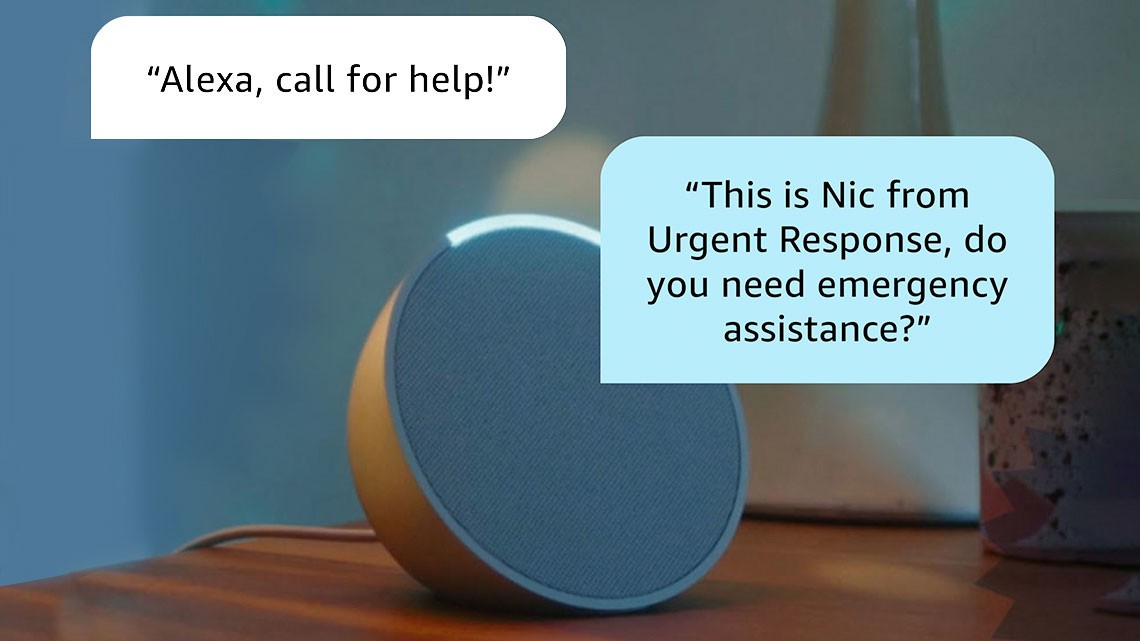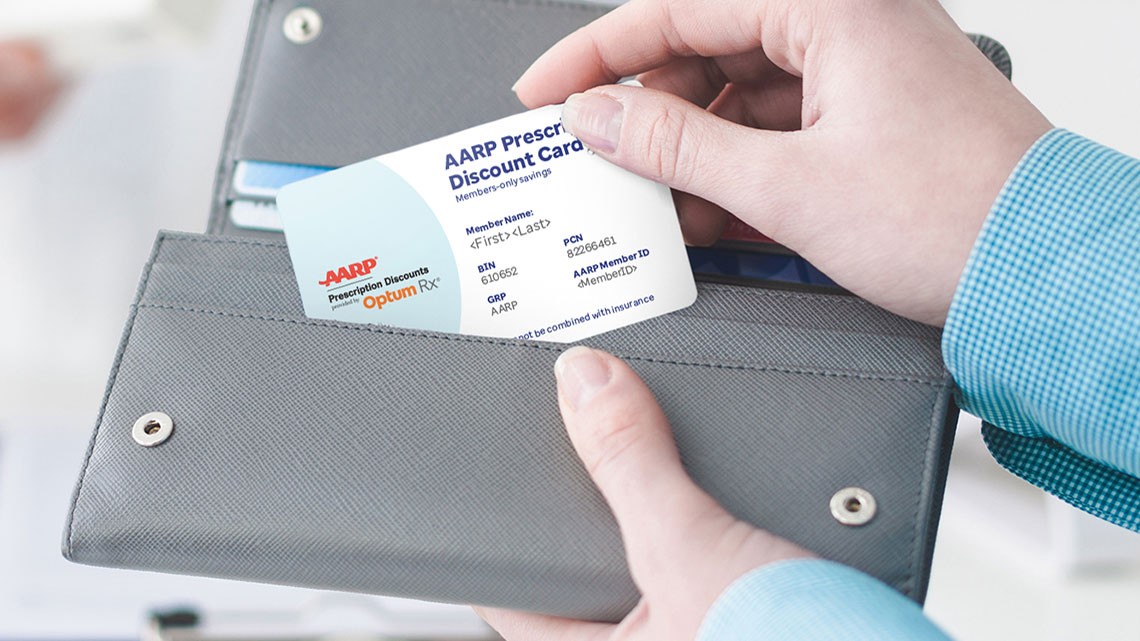Staying Fit
As my mother was being loaded into an ambulance transport to take her from one hospital to another for emergency brain surgery, she asked me to find out who the neurosurgeon would be and if he was in her insurance network. Completely panicked about the possibility that she had brain cancer, I said, “Are you kidding me? I really don’t think that matters right now!” She said, “Oh, yes, it sure does!”
This was a few years ago, before the recent federal law that protects patients from being overcharged by out-of-network doctors in emergency cases. Nowadays patients don’t have to worry about choosing lifesaving surgery or pushing it off to another day to find an in-network doctor. As a young caregiver taking care of my single mom from that day forward, I felt my heart skip a beat whenever bills came in. She had extensive, complex treatment. We both knew that collectively, we would not be able to afford a significant out-of-pocket outlay, but that her cancer was so advanced, she could not afford not to get the best treatment we could secure. In my mind, it was the difference between life and death for Mom, and between financial stability and bankruptcy for us both down the road.


AARP Membership— $12 for your first year when you sign up for Automatic Renewal
Get instant access to members-only products and hundreds of discounts, a free second membership, and a subscription to AARP the Magazine.
At the time I was caring for her, I was an insurance defense attorney. My job was to defend insurance companies that had denied their customers’ insurance coverage (denying means refusing to pay for a claim). With that line of work and my new life of caregiving, I learned a lot about how the insurance carriers review their claims and make decisions to decline to pay, and what customers can do to maximize their chances of having their claim covered or a denial overturned.
Get paperwork in order
First thing, make sure that your caregiver (the person who is helping you currently or that you expect will assist you with any future care or treatment) has all the necessary legal documents. A power of attorney and health-care proxy/surrogate designation will give caregivers the legal authority to go to bat with an insurance company if you are unable to do so yourself. Without these documents, the insurance company is not likely to provide much, if any, information to a person who’s not their customer.
Member services at your insurance company and your medical providers can help you or a loved one understand the basics of a policy. In the insurance documents there will be a page titled “summary” or “declarations”; this will provide an overview of your plan. This page, an insurance card or the plan website should provide information on whether you or a family member can use doctors who are “out of network” of your policy, your deductible (the amount of money you’re responsible to pay before insurance kicks in) and whether you have coinsurance responsibilities for medical bills. Work with member services and your doctor’s office to help you understand whether preauthorization from the insurance company or a referral for any of your recommended treatments or medicines is required.





































































